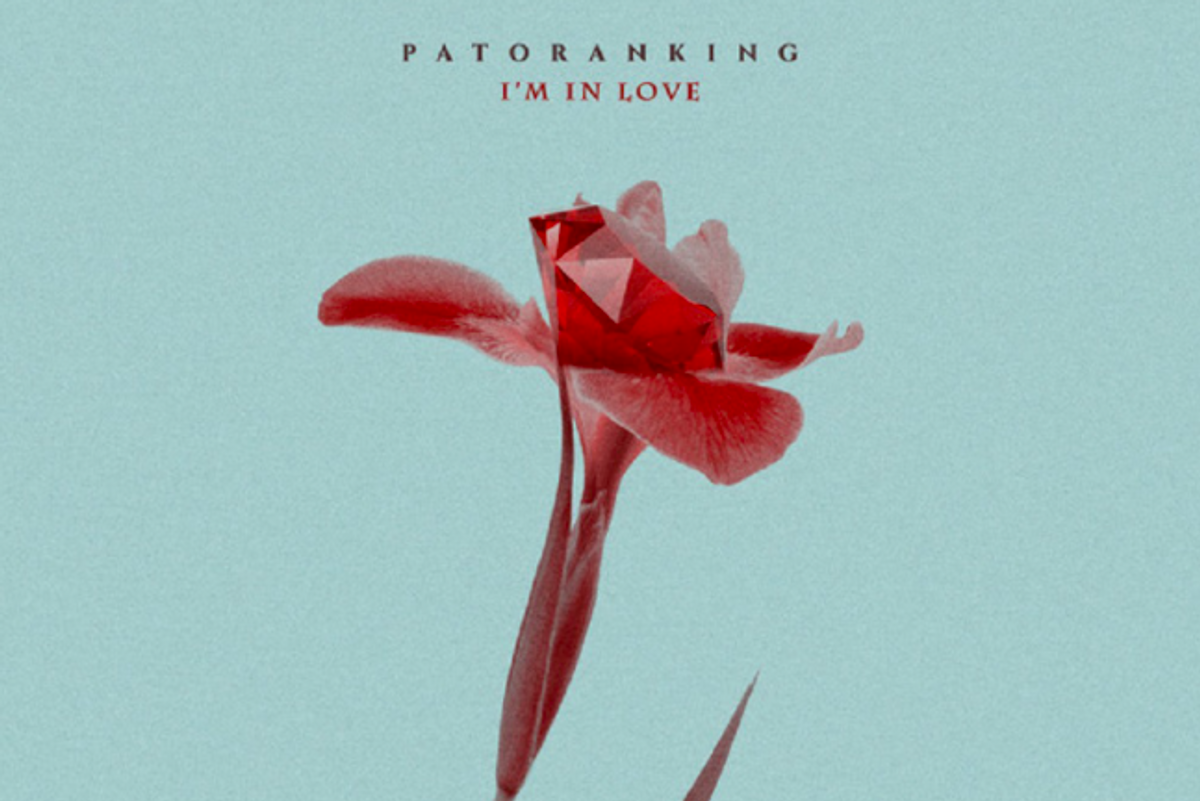
Listen to Patoranking's First Official Single of the Year Titled 'I'm in Love'
Patoranking continues to give fans a glimpse into his more vulnerable side in this beautiful love song.
SEARCH

Patoranking continues to give fans a glimpse into his more vulnerable side in this beautiful love song.